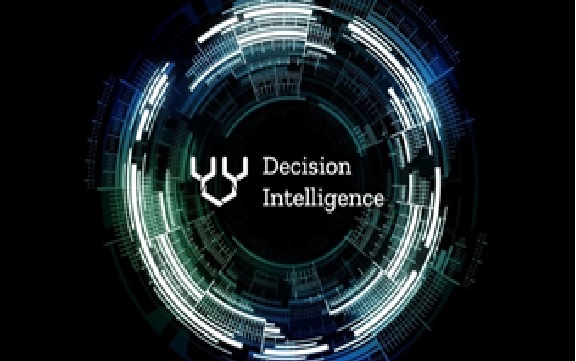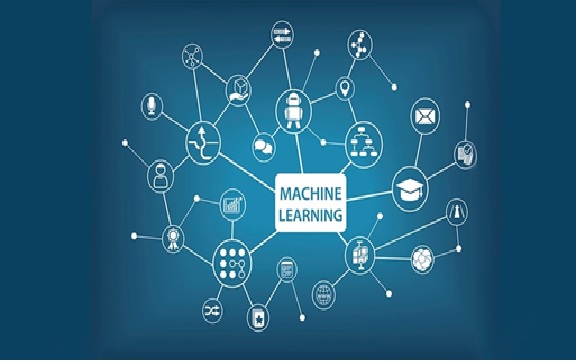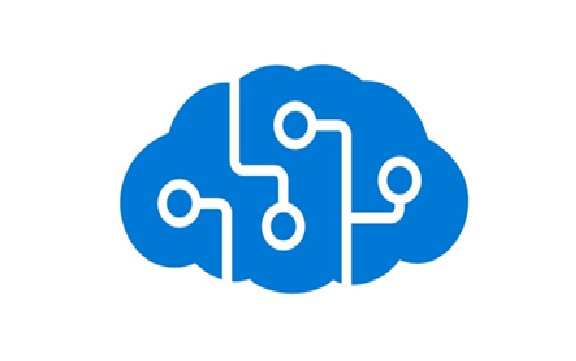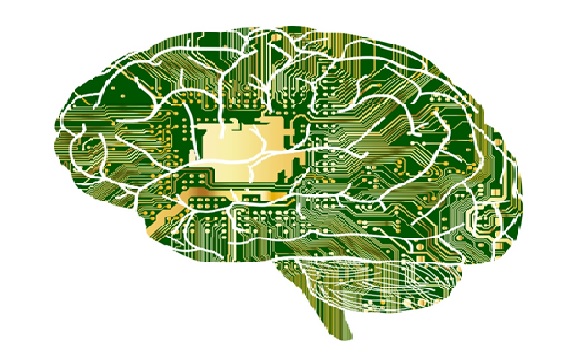Decision Intelligence
what is Decision Intelligence
Gartner forecasts that more than 33 percent of large organizations are going to have analysts who will practice decision intelligence by 2023. This discipline offers a framework to assist data and analytics practitioners develop, model, align, implement, track, and modify decision models and processes related to business results and performance.

Figure. 1.Decision Intelligence
Decision intelligence applies data science within the frame of business problems, and is attained by taking stakeholder behaviors into account to affect adoption and decision making. Frequently, it’s a fusion of business intelligence, data science, management, and decision modeling. [1]
How do intelligent decision models work?
Businesses have complicated adaptive systems. Unsuccessful outcomes often arise from the discrepancies between the sophistication of organizational decision-making practices and the complexity of the situations in which those decisions need to be taken. By following the steps below, intelligent decision models aim to help businesses for profitable decision making
- Observe
- Investigate
- Model
- Contextualize
- Execute
The models start with collecting all relevant information. This data can be historical, transactional, sensory, behavioral, attitudinal, structured, unstructured, transient or persistent, external, or internal to businesses. Any piece of information can help for reconstructing the outcome, informing other impacted mechanisms, or improving processes.
With all the collected data, models bring a clear understanding of the situation and construct possible actions.
This step includes the generation of alternative actions by considering existing business capabilities. These actions must explain causalities that lead to alternative scenarios because businesses can’t always foresee the complete picture during decision processes.
Considering the decision time, the model might run out of options due to the high complexity of the situation. Emerging techniques benefiting game theory methods, sophisticated system modeling, and dynamic agent-based collaboration methods help address the blind spots of the model. The idea is to provide the decision-maker with a range of executable actions that can be implemented quickly.
In the end, the decision model chooses and takes a particular action. After execution, this part is also responsible for measuring the impact of the taken action to improve the model.[2]
Examples of decision intelligence
- Recommendation engines
- Sales optimization
- Pricing
- Talent management
- Retail store management.
These tools use analytics to predict what products or services customers will want, or what movie or TV show to watch next. These tools help the end user make decisions with context. Your business benefits from automated tools with human logic that will increase the consumption of your product(s).
Automated tools can analyze data on prospective customers and help prioritize sales leads. Use decision intelligence to understand and focus on high-impact sales activities, identify the opportunities most likely to close, and even enable reps to update their sales forecasts in real time. Or you could see which deals in your pipeline are most at risk, predict future revenue using historical conversion rates and close times, and get this information to the teams on the front lines who need it.
Automated systems can adjust prices based on data thresholds. With the large volume of transactions, companies can apply multiple decision-making frameworks to test, iterate on, and refine decision processes and AI models. Use intelligent apps to break down data silos and get data across the organization to ensure you have the most up-to-date information. This is especially beneficial for transaction-heavy businesses, such as airlines and pharmaceutical companies.
Use decision intelligence and intelligent apps throughout the hiring and employee evaluation process. HR departments can use intelligent apps to track potential employees through the application, interview, and hiring process. And they can monitor current employee satisfaction to better understand retention and predict future hiring needs.
. Use intelligent apps to gather real-time information on retail stores and performance to make more targeted decisions impacting performance. For example, by tracking individual store performance in conjunction with customer demographics and geographic trends, you’ll be able to react with greater agility and make more accurate decisions and forecasts.[3]
References:
- https://www.simplilearn.com/decision-intelligence-article.
- https://research.aimultiple.com/decision-intelligence/
- https://www.domo.com/blog/decision-intelligence-what-it-is-and-why-you-need-it/
Cite this article:
Nithyasri S (2022), Decision Intelligence ,Anatechmaz, pp. 65















